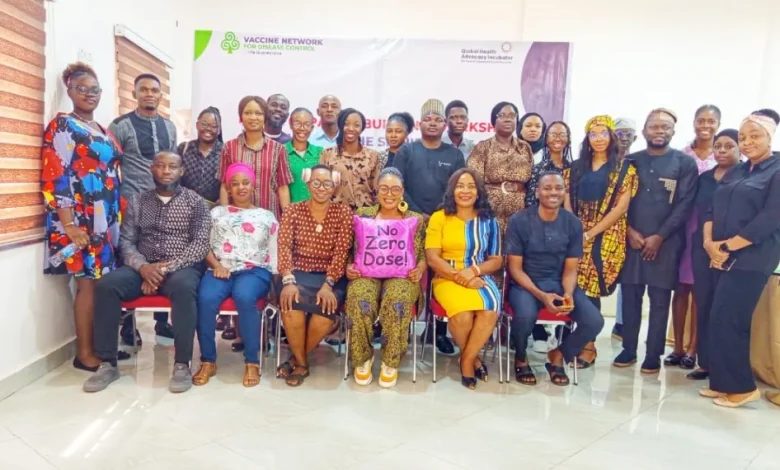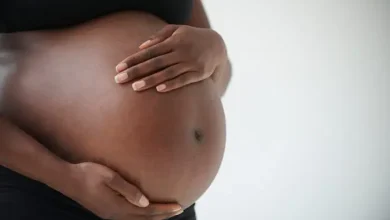Nigeria’s immunisation efforts hindered by delayed budget releases, experts warn

On Wednesday, December 18, health advocates raised alarm about the ongoing delays in releasing funds for Nigeria’s immunisation programmes, which they say are worsening the country’s zero-dose children crisis. The warning came during a capacity-building workshop on ‘Media Advocacy for Vaccination Financing’ in Abuja.
Chika Nwankwo, the Head of Programmes at the Vaccine Network for Disease Control (VNDC), explained that Nigeria currently has the highest number of zero-dose children—those who have not received any vaccinations—which highlights critical gaps in the country’s immunisation coverage.
“Immunisation is the only way to ensure children are protected against preventable diseases, but delays mean vaccines arrive late or not at all,” Nwankwo said. “We cannot change this reality without addressing these funding delays.”
The delays, according to Nwankwo, are due to a complex system where releasing the immunisation budget involves up to 27 steps, with the Ministry of Finance handling 20 of those steps. She pointed out that this lengthy and cumbersome process often causes unnecessary delays.
“Sometimes, a memo lands on the wrong table or lingers because the urgency is not understood,” she explained, stressing the importance of a streamlined and timely funding process.
Nwankwo called for all immunisation funds to be fully released within the year and for the entire process to be shortened to make the system more efficient.
While challenges remain, Nwankwo noted that there have been some improvements. In 2022, Domestic Resource Mobilisation (DRM) funds for immunisation were not fully released, and no allocation was made in early 2023. However, she highlighted that the current administration has already released 25% of the 2024 immunisation budget, signaling a positive step forward.
“Despite this improvement, much more remains to be done. The scorecard still reflects red, and we must continue to push for full and timely releases,” she said.
Immunisation is a critical public health tool globally, saving millions of lives by protecting individuals, especially children, from preventable diseases like polio, measles, and diphtheria. In Nigeria, where child mortality rates are among the highest in the world, immunisation plays a vital role in improving child health outcomes.
However, many Nigerian children still miss out on essential vaccines due to delays in funding, inadequate healthcare infrastructure, vaccine hesitancy, and limited access to rural areas. Moreover, cultural beliefs and misinformation continue to discourage vaccine uptake in some communities, leaving children vulnerable to preventable diseases.
The Nigerian government has partnered with international organisations such as Gavi, the Vaccine Alliance, and UNICEF to address these challenges by funding immunisation campaigns, introducing new vaccines, and raising awareness. Yet, progress remains inconsistent, largely due to delays in fund disbursement and administrative hurdles.
Rachael Abujah, the VNDC’s Media Consultant, urged journalists to play an active role in holding policymakers accountable. “The media has the power to pinpoint the human cost of these delays and amplify advocacy messages,” she said, emphasizing the importance of media support in driving the attention needed to ensure that vaccines reach every Nigerian child.
Nwankwo also stressed the need for continued media advocacy to encourage policymakers and the public to support vaccine financing and improve awareness about the importance of children’s immunisation.





